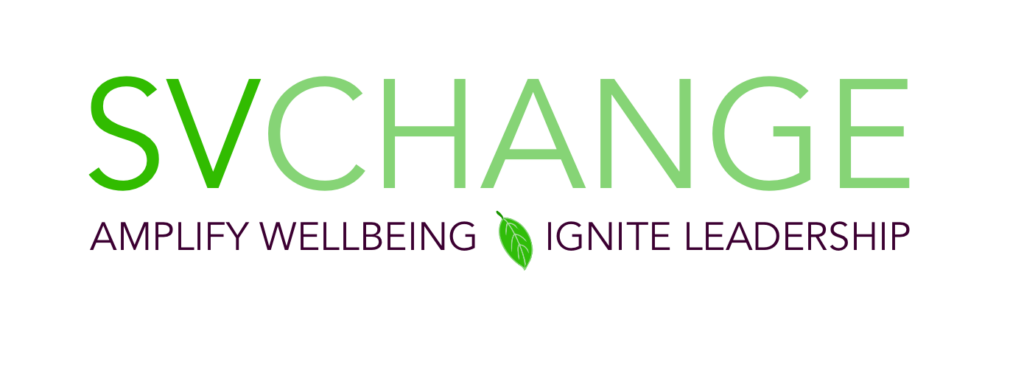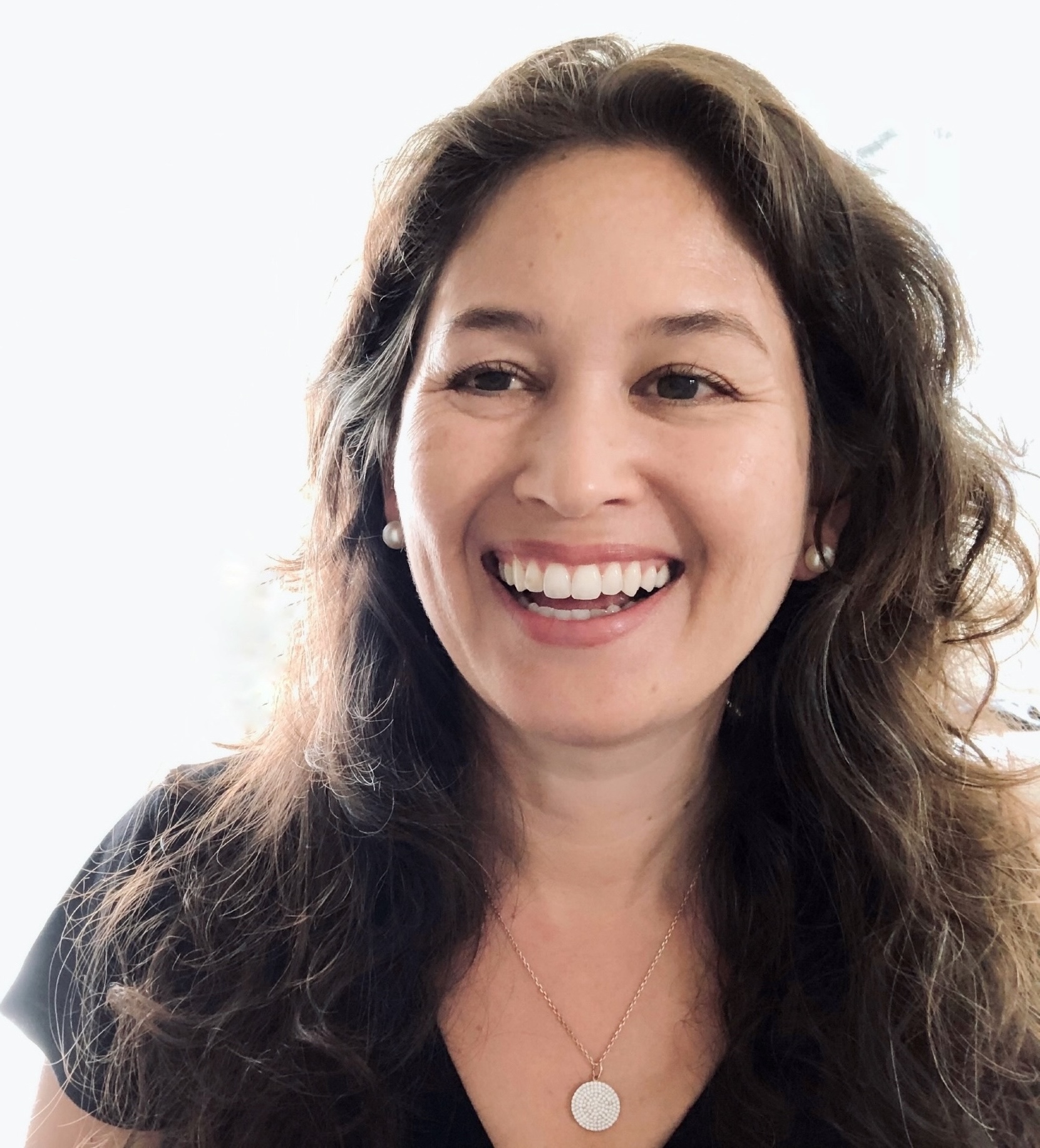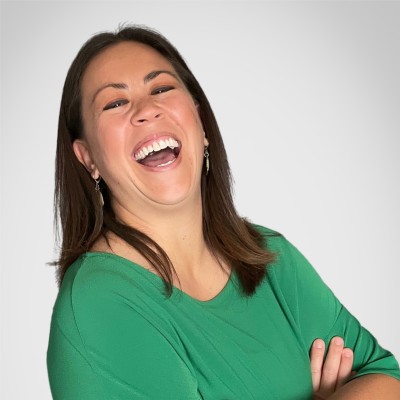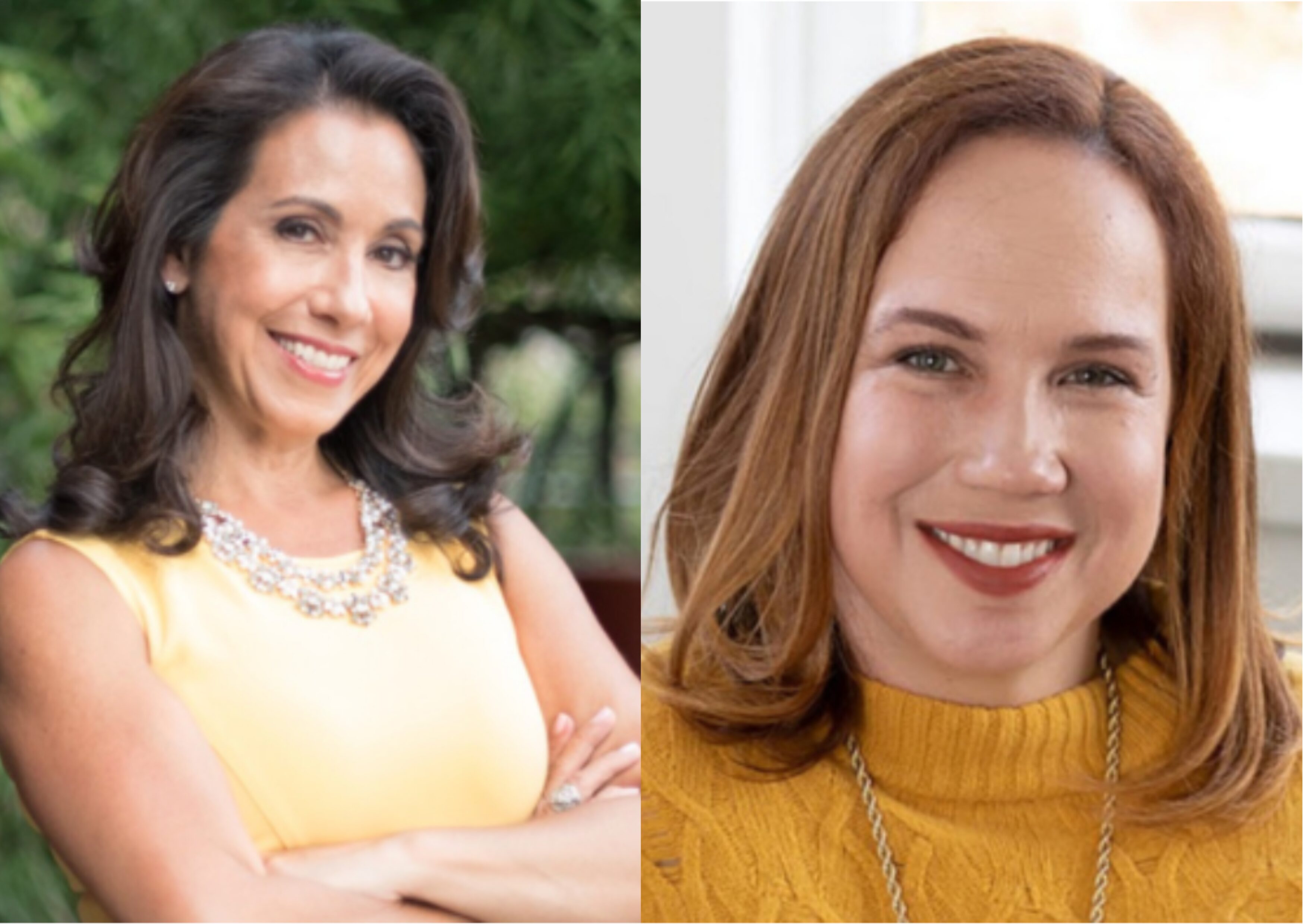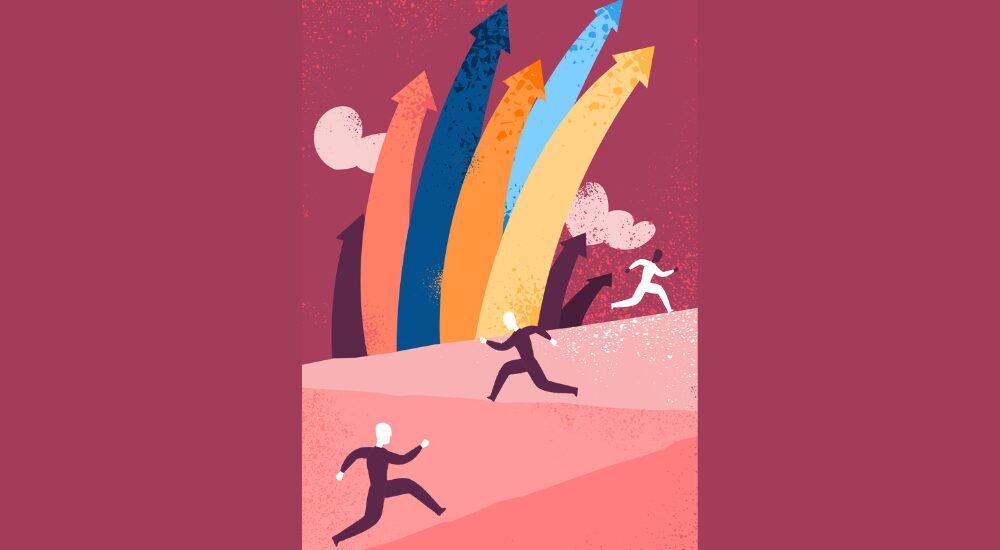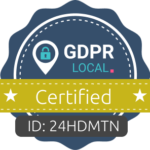We’re living in a worker’s economy.
In 2022, we entered into a labor dynamic “we haven’t seen in decades…” according to LinkedIn chief economist Karin Kimbrough. In this new world, she says, “job seekers have an easier time securing better opportunities and they have less competition.”
As companies continue to look for ways to help workers build skills and stay engaged, many top employers are zeroing in on one key benefit: professional coaching.
“Companies are not bringing us in to help people find the door out. We’re brought in to invest in potential,” says Ilene Schaffer, CEO of global coaching firm Silicon Valley Change (SVC).
According to responses, 78% of LinkedIn’s 2022 Top Companies in the U.S. say they are investing in coaching for their employees, with a focus on everything from general well-being to leadership diversity coaching. The annual ranking highlights employers that are doubling down on their investment in their employees’ growth. Coaching services are fast becoming a key component in that effort.
Verizon, No. 18 on this year’s Top Companies list, has invested heavily in coaching, offering such services to its leaders to support career transitions, succession, and specific performance goals. Some 90% of newly hired and newly promoted Verizon directors work with an executive transition coach in their first 90 days in the role. And the company provides new college graduates in their rotation program with executive coaching.
And survey results from Verizon’s coaching programs suggest the investment is paying off:
- 94% of new directors would recommend executive coaching to assist with the onboarding process;
- 95% of new directors and their managers agree that the coaching program significantly increased their productivity;
- And 99% of managers agree that coaching has improved new directors’ impact on communication, executive presence and influence, resilience and change, team performance, and strategic thinking.
Yet coaching has long been misunderstood. Part of this is because coaching’s value comes from experiencing it for yourself.
But the benefits of working with a skilled certified coach at key personal and professional moments while sometimes difficult to explain can be observed.
In many ways, coaching’s value comes from finding a fresh, independent perspective on the challenges and opportunities an individual may face.
“Coaching involves an objective, outside person who is well trained on the kinds of questions to ask in order to uncover what’s keeping you stuck,” says Schaffer. “It’s very hard to do that on your own.”
Schaffer jokingly likens clients to someone trying to read a product label while being stuck inside a jar. “It’s hard to read the label when you’re trapped in the jar,” she notes.
Coaching can include developing hard skills or building soft skills, but it focuses on self-mastery or the growth of “inner skills.”
Navigating a brave new world at work
Companies are hiring coaches associated with Schaffer’s firm to help leaders navigate the uncharted work territory brought on by the COVID-19 pandemic. They are helping managers adapt their leadership styles to today’s flexible work environment, keep globally dispersed teams engaged, and establish clear boundaries between work and home life.
Google parent company Alphabet (No. 2 on LinkedIn’s Top Companies list) offers a peer coaching program — called g2g (Googler-to-Googler) — that focuses on employees’ personal and professional development. And over the past two years, Google has seen a 200% increase in participation in the program, and its coaching roster has doubled.
The need for work-life boundaries couldn’t be more pressing. At the start of the pandemic, some anticipated that employees would be spending less time on their work.
Of course, we saw the opposite happen. In fact, Bloomberg published revealing data that workers in the US and UK, many working from home added at least two more hours onto their workdays.
With the pendulum swinging towards longer hours, coaches saw their clients begin to struggle in new ways. That’s why Schaffer says coaches can’t just rally around skills and projects; they also need to hold leaders accountable to take care of themselves.
Alex Jack, who has coaching clients on 6 continents, says he has witnessed a two-fold sense of loss in his work: everyone knows of someone who has passed away due to COVID. But there is also a persistent mourning for “the way things were.” He says this more subtle form of grief is critical to investigate.
The kind of topics Jack has faced with his coaching clients is often considered the domain of mental health therapists. Indeed, there is a blurry line between the fields and they both add their own value. But while therapy is often focused on looking back, coaching maintains a, “now and moving forward” lens.
Though Jack’s coaching conversations can get personal, he says the goal of the work is to look at where his client is, where they want to be and how they can position themselves to get there.
Amid continued uncertainty around work and life, Jack says his superpower as a coach — beyond working with introverts and quiet thinkers — is that he can help fast-moving clients pause and reflect on their actions.
And he focuses on three things that he says make up everyone’s identity: how you feel, how you think, and how you act.
“When we are digging, there’s the symptom and then there’s something deeper,” he says.
What’s really going on is layers beneath how you act.
The next frontier for coaching? Diversity, and a focus on the entire org chart
Venessa Perry, an IO Psychologist, sits at the intersection of leadership and diversity, equity, and inclusion coaching. It’s a burgeoning form of coaching that has taken off in the wake of the global racial uproar after the murder of George Floyd in 2020.
In the aftermath of Floyd’s death, two needs became apparent: corporate leaders needed help addressing DEI issues at their companies one on one, and DEI professionals needed help navigating the work they were doing for their employers.
In her work, Perry is showing leaders their “label,” by helping them understand their own biases and the work they need to do, in a safe, private space.
She says she helps them look with fresh eyes at issues they may otherwise have ignored around microaggressions, pay discussions, and why all-white male leadership teams are not a signal of equity.
When I asked Perry what she’s really trying to get people to see, she simply answered, “themselves.” She says the best coachees both identify what they want out of coaching and get to a place where they’re ready to make a mindset shift.
In addition to helping leaders pursue their diversity and inclusion goals, many companies and coaches are moving to further diversify their client roster.
Verizon, for its part, plans to launch a digital coaching program and introduce programs for early-mid level female employees and initiatives that focus on well-being.
With the future of work looking anything but straightforward, more companies may need to jump onto the coaching bandwagon.
